In the cosmetics industry, packaging serves not only as a protective shell for products but also as a direct showcase of brand image, playing a pivotal role in attracting consumer attention and conveying brand value. With the rise of environmental awareness and the ever-changing aesthetic preferences of consumers, cosmetic plastic packaging is increasingly emphasizing innovation, aesthetics, practicality, and sustainability in its design, resulting in several distinct characteristics.
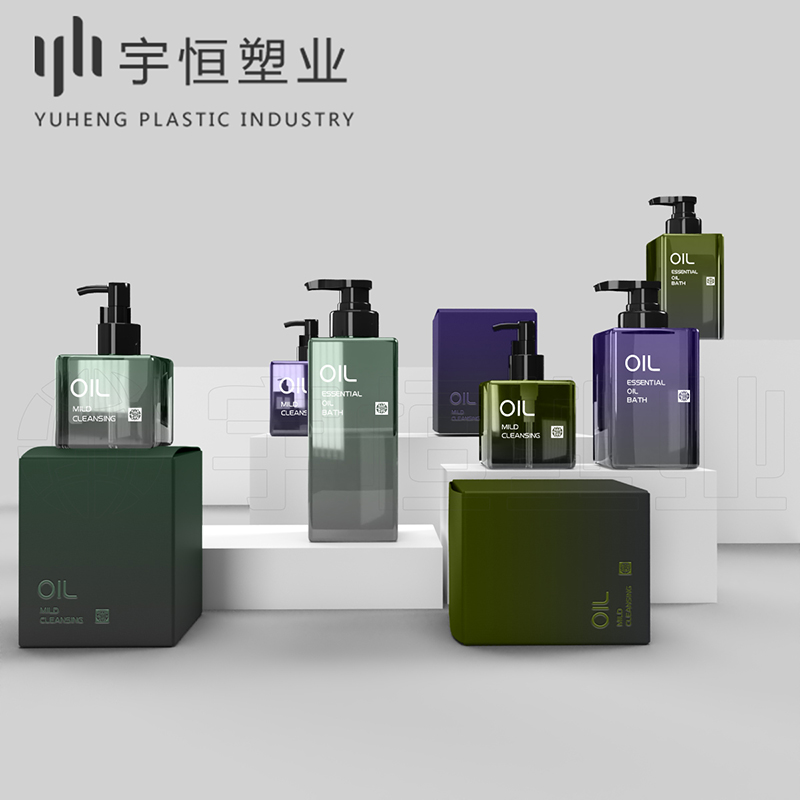
1. Aesthetics and Personalized Design
Cosmetic plastic packaging strives for a high level of aesthetic value in its design, creating unique visual effects through color schemes, pattern designs, material textures, and more. Brands adopt design styles that align with their positioning and target consumer groups, ranging from fresh and natural to luxurious and high-end, or avant-garde and fashionable. Personalized customization has also become a trend, with limited-edition packaging and special editions for holidays, aimed at satisfying consumers' desire for uniqueness and exclusivity.
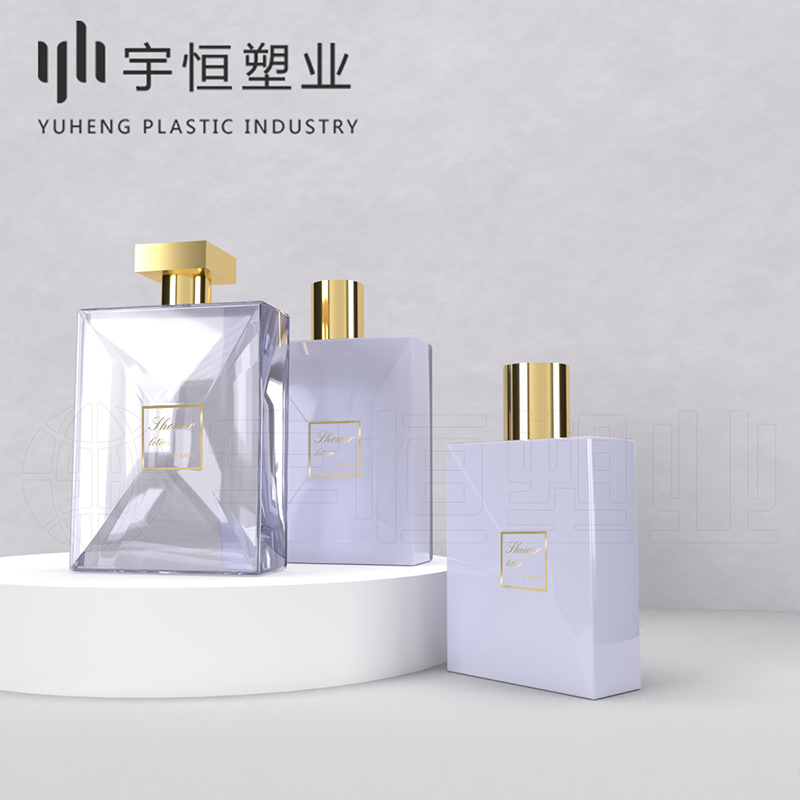
2. Structural Innovation and Functionality
Modern cosmetic plastic packaging continuously innovates in structural design to enhance user experience. For instance, easy-to-open and close designs ensure product sealing while facilitating access. Multi-layer structures are employed to achieve leak-proof, moisture-proof, and UV-resistant functions. Additionally, handles and pumps designed based on ergonomic principles make the usage process more comfortable and convenient. Some packaging even integrates smart elements like sensor-activated lids and LED lighting, adding a technological flair to the products.
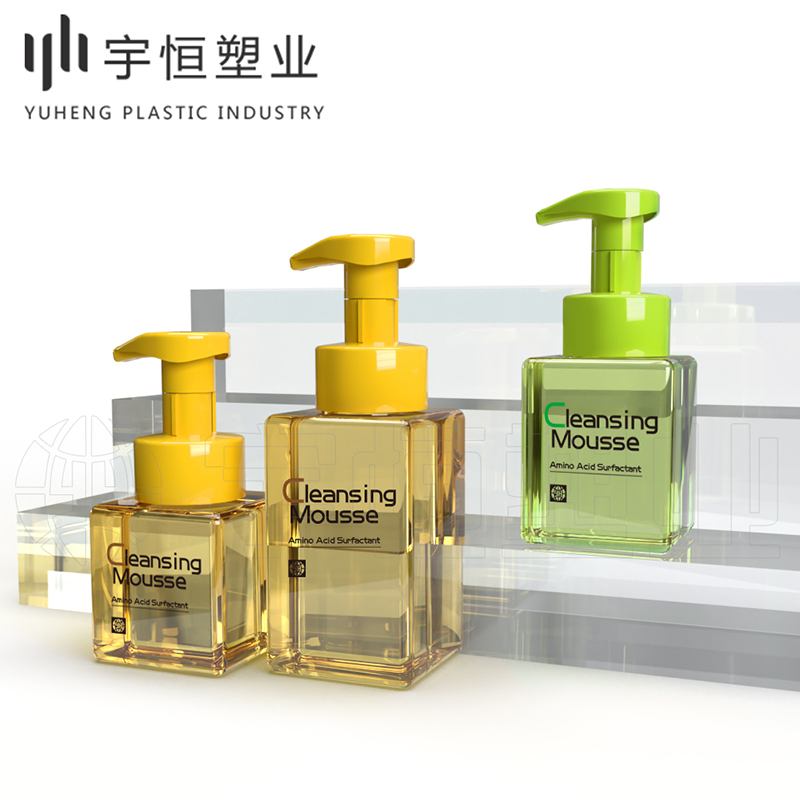
3. Environmental Protection and Sustainability
With the global emphasis on environmental protection, the eco-friendliness and sustainability of cosmetic plastic packaging have become crucial considerations. Manufacturers are adopting recyclable materials such as PET and PE, striving to increase recycling rates. Meanwhile, the use of biodegradable materials and plant-based plastics is gradually increasing. Design-wise, efforts are made to reduce material consumption, optimize structural designs to minimize energy consumption and waste during production, and promote reusable packaging containers, collectively advancing the green development of the industry.
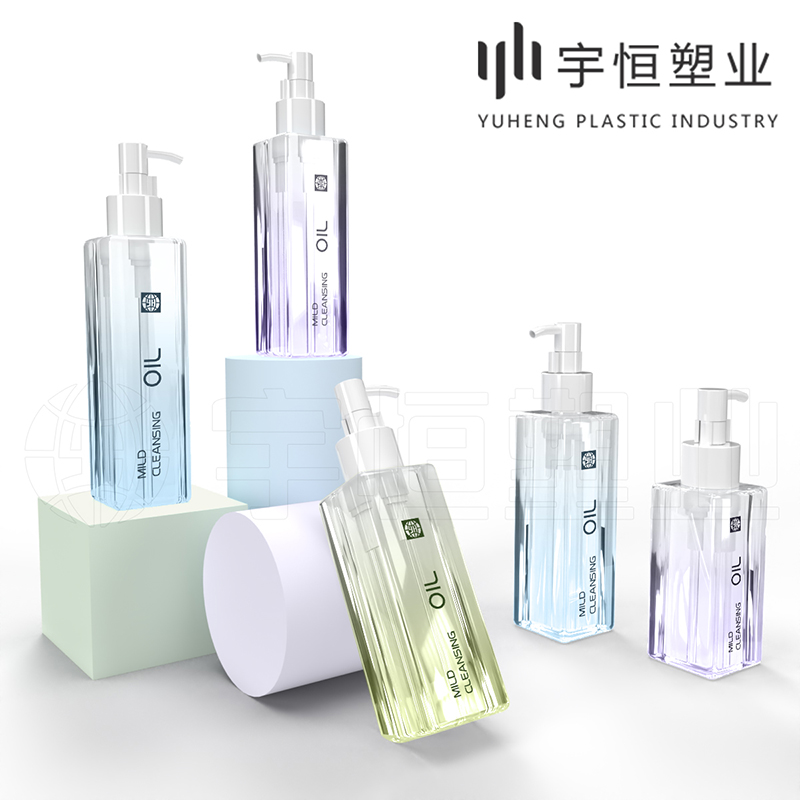
4. Brand Storytelling
Cosmetic plastic packaging is not merely the external representation of a product but also a carrier of brand stories. Through textual, graphical, and color elements on the packaging, it tells the brand's history, philosophy, values, and the stories behind the products, fostering a sense of identity and loyalty among consumers. This emotional connection is particularly important in the premium cosmetics market, as it can ignite purchasing desires and facilitate word-of-mouth promotion.
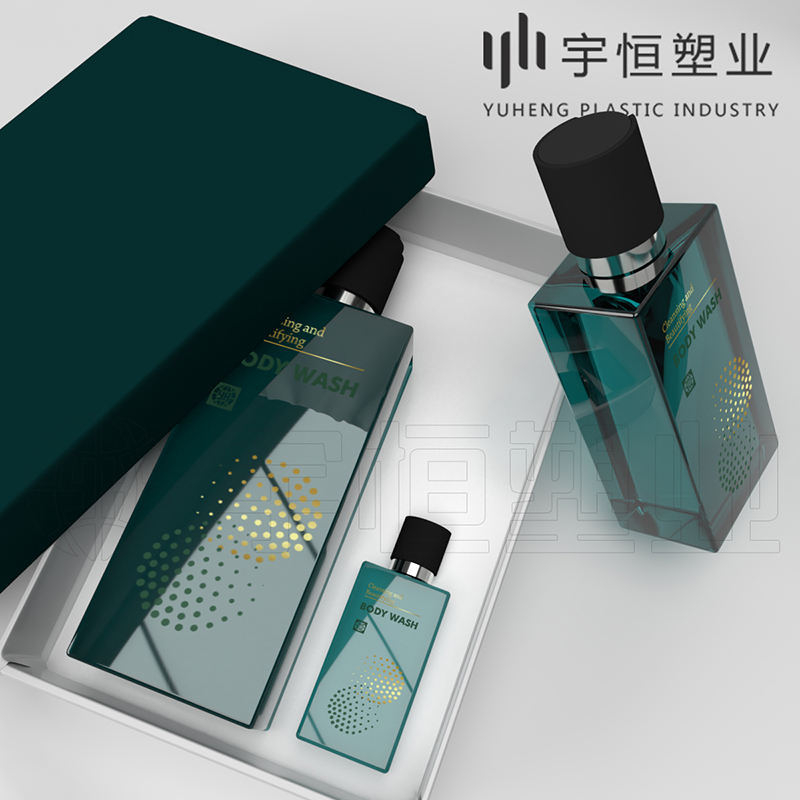
5. Safety and Compliance
The design of cosmetic plastic packaging must strictly adhere to relevant safety standards and regulatory requirements to ensure that the product is harmless to humans during use. This includes the use of non-toxic, harmless raw materials to prevent the migration of harmful chemicals. Additionally, packaging must possess excellent barrier properties to keep contaminants out. Clear, accurate, and compliant labeling and instructions are essential for consumers to understand and use products correctly.
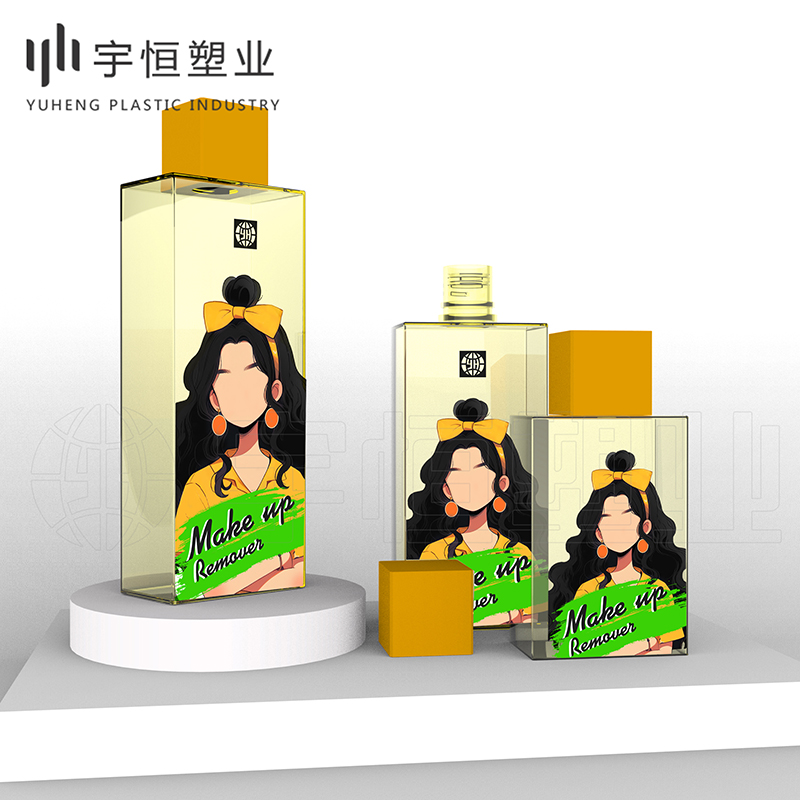
In conclusion, cosmetic plastic packaging design is characterized by a balance of aesthetics and personalization, structural innovation and functionality, prioritization of environmental protection and sustainability, profound brand storytelling, and rigorous safety and compliance standards. These characteristics collectively drive the continuous development and progress of the cosmetics packaging industry, offering consumers a more delightful, safe, and eco-friendly shopping experience.




